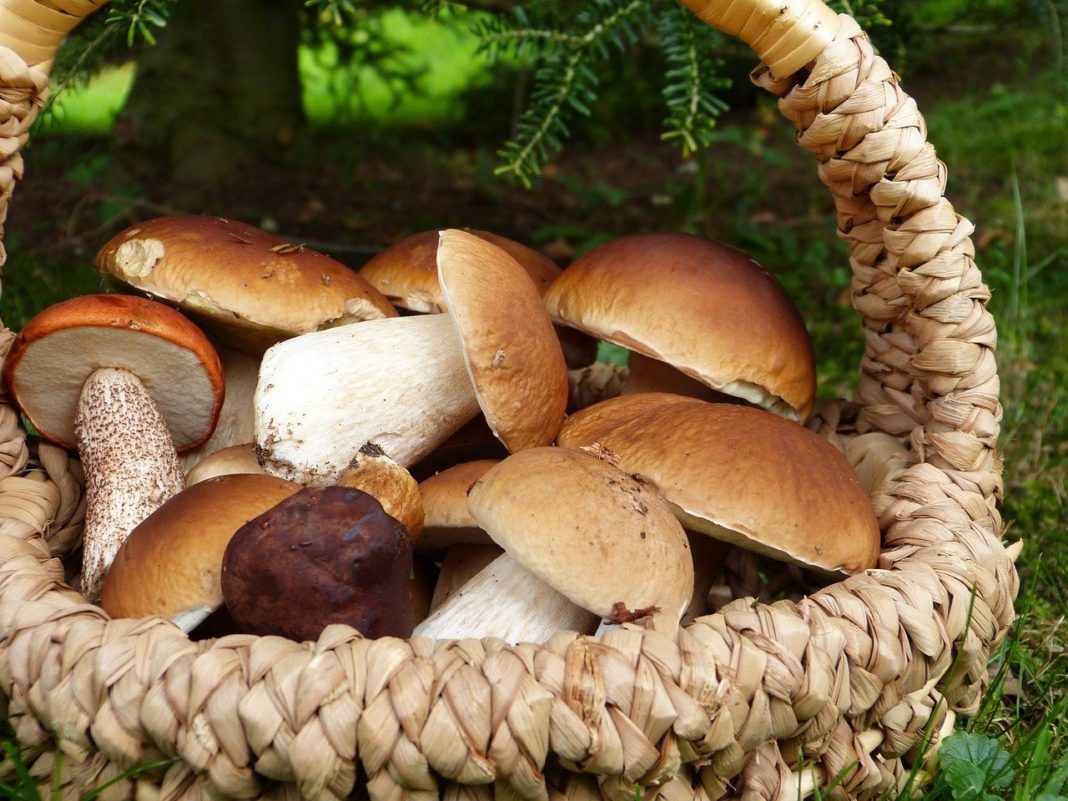The Ministry of Environment said on July 25 that the Sorng Rukhavorn community and the provincial environment department, which manages the wildlife sanctuary, have started to provide non-timber products to people in the province.
The non-timber forest products include peacock and rattan mushrooms, and many other mushrooms. The mushroom season is from July until the end of August.
According to the ministry, people who harvest mushrooms in the forest can collect 5kg to 10kg of mushrooms, but the quantity available depends on certain conditions such as rainfall.
However, sometimes a search for mushrooms results in small numbers so people keep the mushrooms for personnel consumption. If they collect more mushrooms, they can keep some for themselves and sell the remainder.
Collecting mushrooms in the forest is not due to poverty but another way to earn a living. Mushrooms are also a traditional food source, the ministry said.
“Non-timber forest products have helped to support families’ livelihoods. People also recognise that protecting and conserving natural resources, especially in forests, is good for them . . . Only by working together can people make natural resources sustainable and benefit people in the future.”
Provincial environment department director Phuong Lina said because these natural resources are in a protected area, people who want to harvest mushrooms must request permission and get security clearance from forest rangers.
“It’s clear that conserving and maintaining natural resources will lead to sustaining forest products. Last year, people found a lot of Pak mushrooms, which were sold at a high price, as well as peacock, rattan, charcoal and other mushrooms. Besides keeping mushrooms for personnel use, people also sold to traders who visited their village,” he said.
According to phnompenhpost.com












